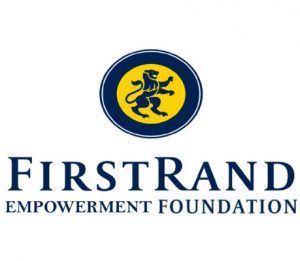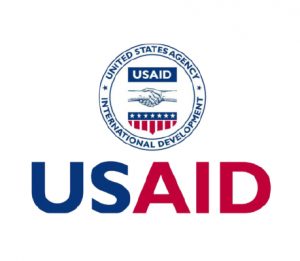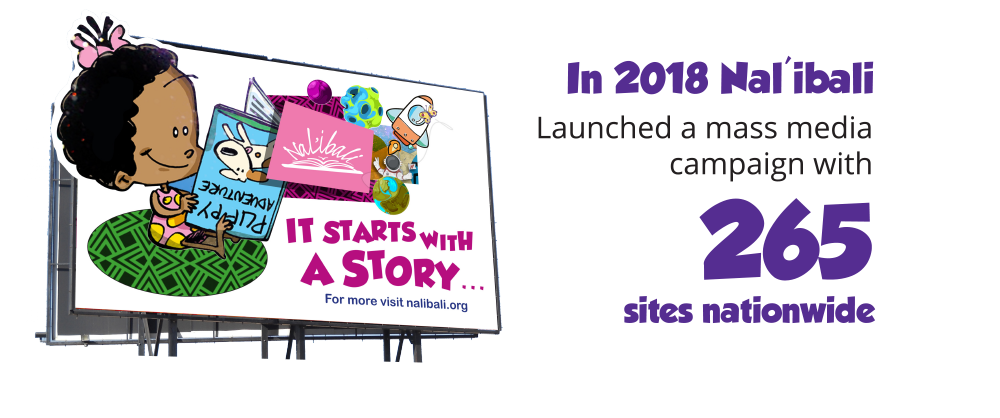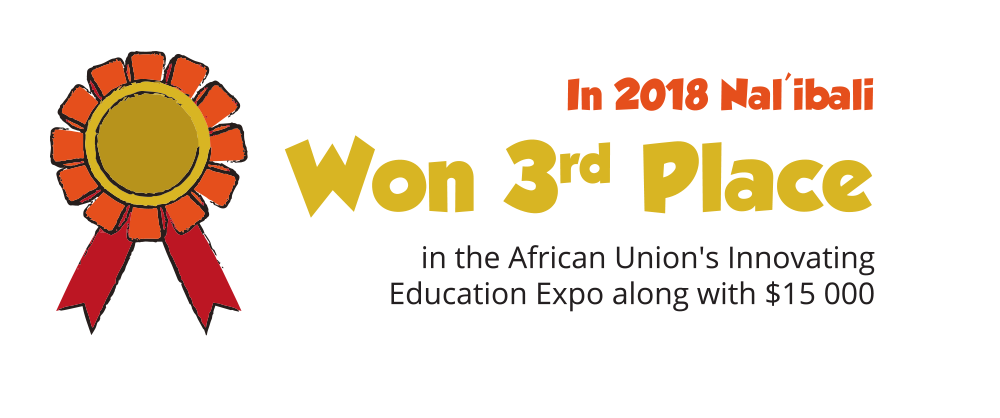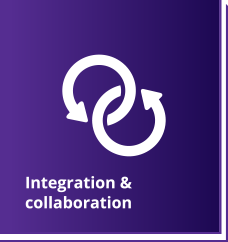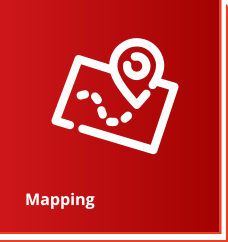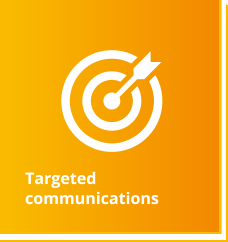Closing the book on 2018:
A year of significant achievements
Insights from Nali’bali executive team

CHAPTER 1:
Nali'bali breaks literacy barriers in its target provinces
We identified that almost half of SA’s children live in the Eastern Cape, KwaZulu-Natal and Limpopo combined and a further 20% of the country’s children live in Gauteng. We proactively target areas with the highest child populations with the intention to reach a tipping point in these areas.
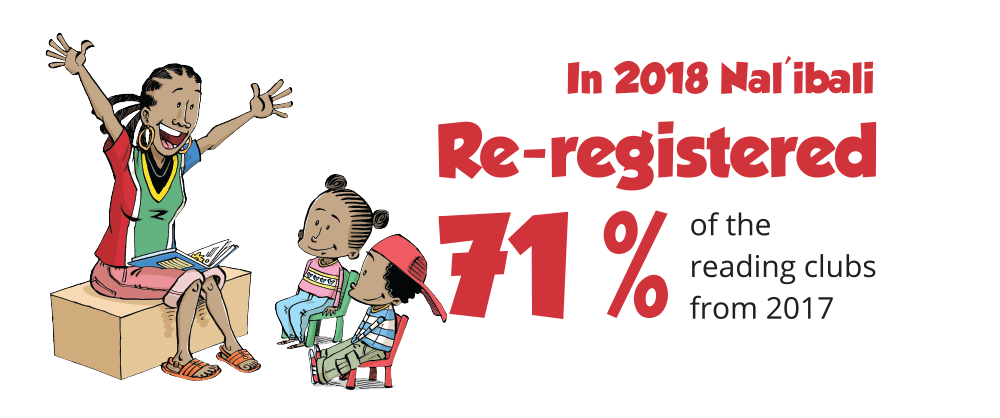

CHAPTER 2:
Nali'bali's 'deep dive' into KZN reveals exciting opportunities
Our KwaZulu-Natal Provincial Support Coordinator and Literacy Mentors share some highlights, challenges and lessons from our 2018 partnership approach.
CHAPTER 3:
An independent evaluation of Nali'bali's supplement demonstrates its significant value to South Africans
Nal’ibali commissioned JET Education Services (JET) to undertake a formal evaluation into the effectiveness of our multilingual newspaper supplement.

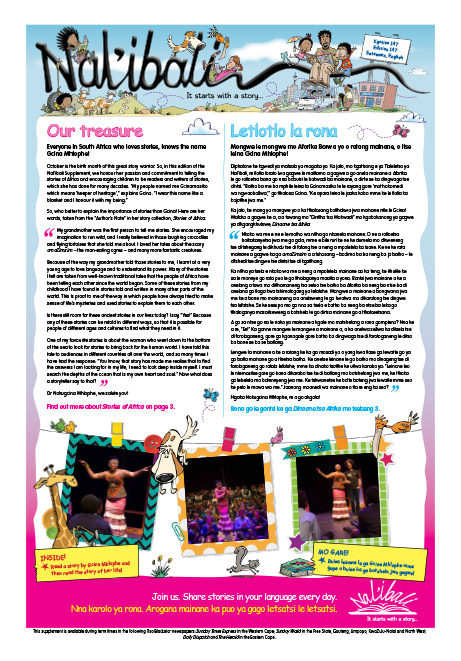
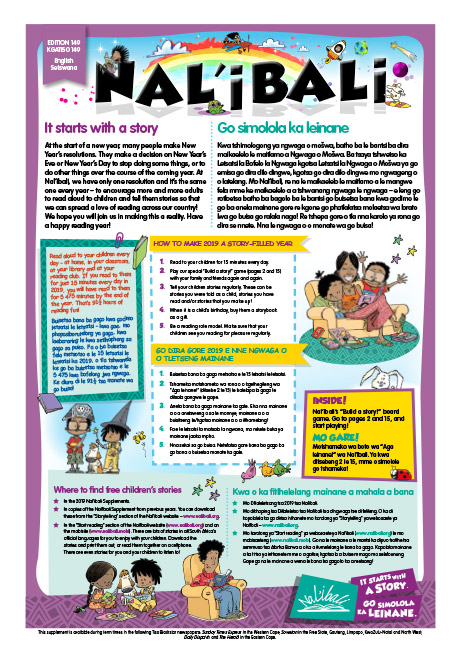
CHAPTER 4:
Nali'bali launches its supplement in two additional indigenous languages
In 2018, we launched our supplement in both Setswana and Xitsonga. We now offer our supplement in 8 of 11 South African languages.
CHAPTER 5:
Nali'bali establishes partnerships with other child developmental support organisations
In 2018, we looked to strengthen partnerships with organisations that support the needs of children that fall outside of our remit but are critical to children’s wellbeing. Although we established some local level partnerships with complementary organisations, we continue to largely attract partners within the education sector.

CHAPTER 6:
Nali'bali re-defines support packages for their “Story Powered Spaces”
During 2018, what started out as a plan to differentiate our packages according to each of our different “spaces,” became an opportunity to create communities of practice between stakeholders who worked in different spaces, within the same region.
CHAPTER 7:
A closer look at the Nali'bali model through the lens of behavioural science
In August 2018, an external research consultancy, GMT+ conducted a review of Nal’ibali’s programmes through the lens of behavioural science.


CHAPTER 8:
Nali'bali launches a national mass media campaign
Following our successful 2014/2015 billboard campaign, Nal’ibali launched another large-scale media campaign to increase brand awareness and visibility our core messages.
CHAPTER 9:
Nali'bali creates a communication and support network amongst FUNda leaders
In 2018, we worked hard to identify “FUNda Leaders” as literacy activists and thought leaders.

Most significant change stories
Story Powered Schools campaign
Our Funders
